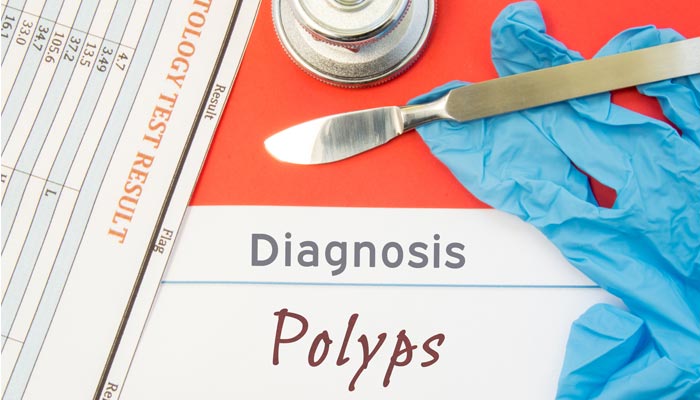
Uterine Polyps
Uterine polyps are growths attached to the inner wall of the uterus that develop most commonly in women who are going through or have gone through menopause. They are created by overgrowth of cells in the lining of the uterus and generally grow in response to hormonal factors. They can be anywhere from a few millimeters to a few centimeters in size and can develop individually or in a group. Most often they are benign, but some can be cancerous.
Symptoms
Most of the common symptoms for uterine polyps involve irregularities in menstrual bleeding. If your period comes at unpredictable times or is excessively heavy it could be a symptom of uterine polyps. Bleeding between menstrual periods or vaginal bleeding after menopause can also be indicators. There are also some women with uterine polyps who do not show any symptoms.
Risk Factors
While all women should be aware of uterine polyps, there are certain factors that put you more at risk of developing them. High blood pressure or obesity can put you at risk. Being perimenopausal or postmenopausal can also increase your likelihood of growing uterine polyps. One of the drugs for breast cancer, tamoxifen, has also been shown to increase the risk of uterine polyps.
Treatment
Uterine polyps, though usually benign, can be a serious health concern. Your doctor may recommend just keeping an eye on them. Small polyps sometimes resolve on their own without needing medical action.
There are also certain hormonal medications available that can help lessen the symptoms of uterine polyps. However, they are usually not a long-term solution and the symptoms may come back once you stop taking the medication.
Your doctor may also recommend removing the polyps surgically. During the diagnosis period, they may perform hysteroscopy, which involves inserting instruments through a small telescope that is used to examine the inside of your uterus. This process sometimes allows the opportunity for your doctor to remove the polyps. If your doctor is able to remove them, the polyps will be sent to a lab to ensure that they do not contain any cancerous cells.
See a Doctor
If you are experiencing some of the symptoms and have any suspicion that you may have uterine polyps, be sure to seek medical attention as soon as possible. Uterine polyps can lead to very serious issues. A medical professional can provide you with the most effective and safest way to rid yourself of polyps and prevent any serious harm to your body.
